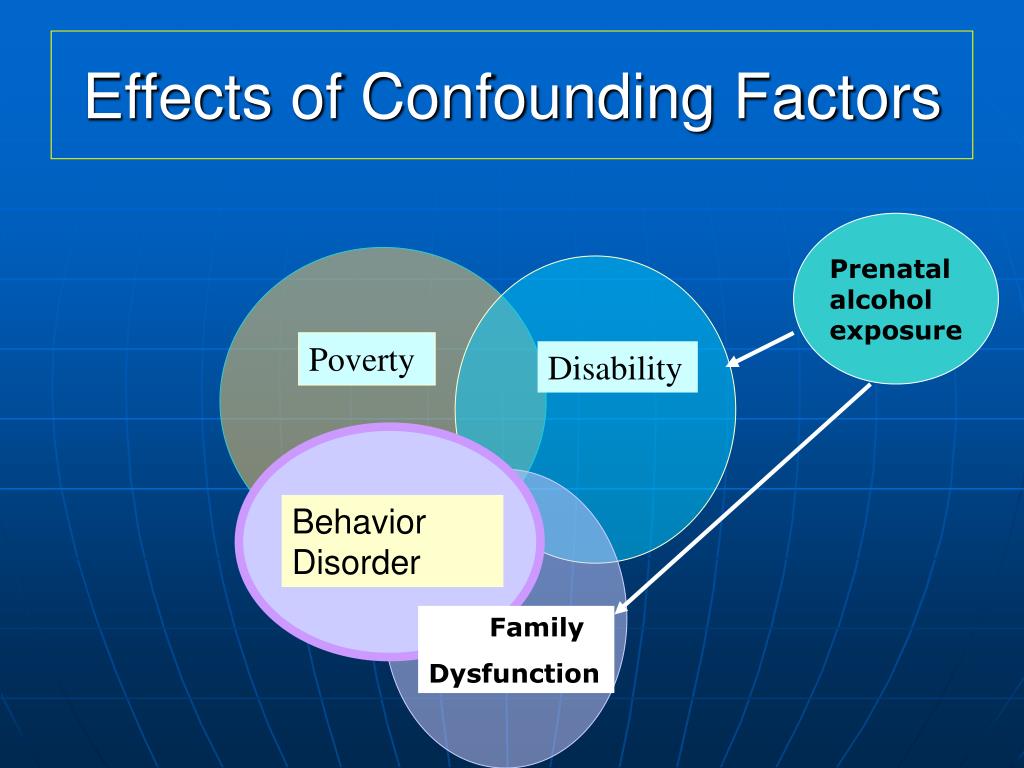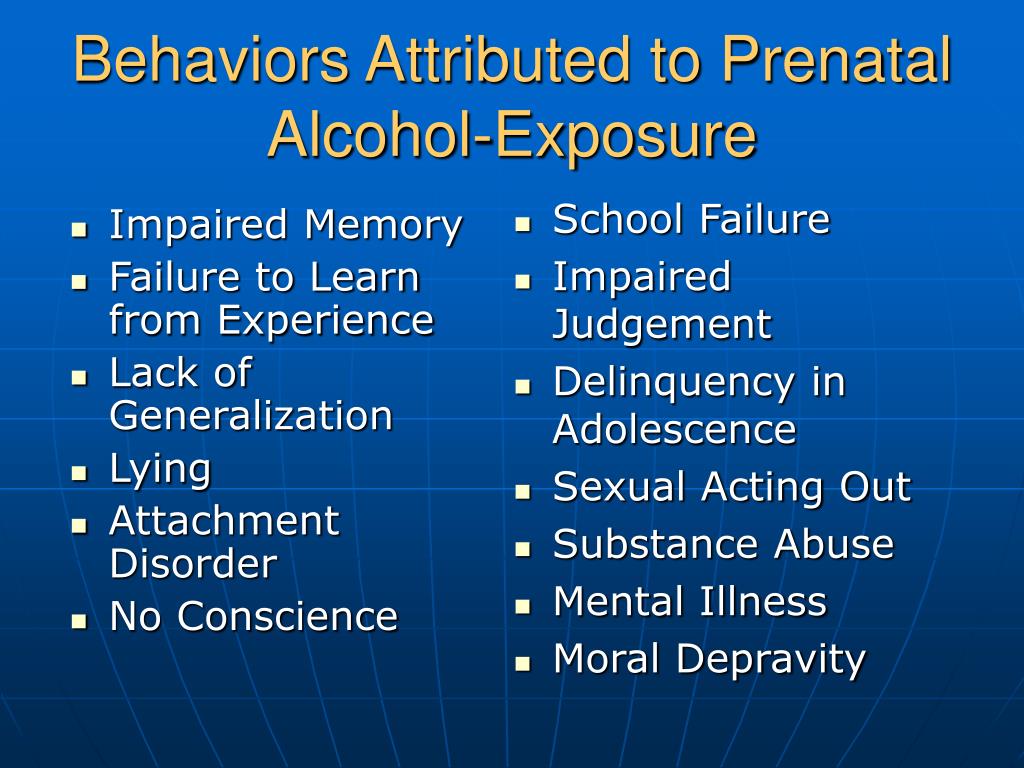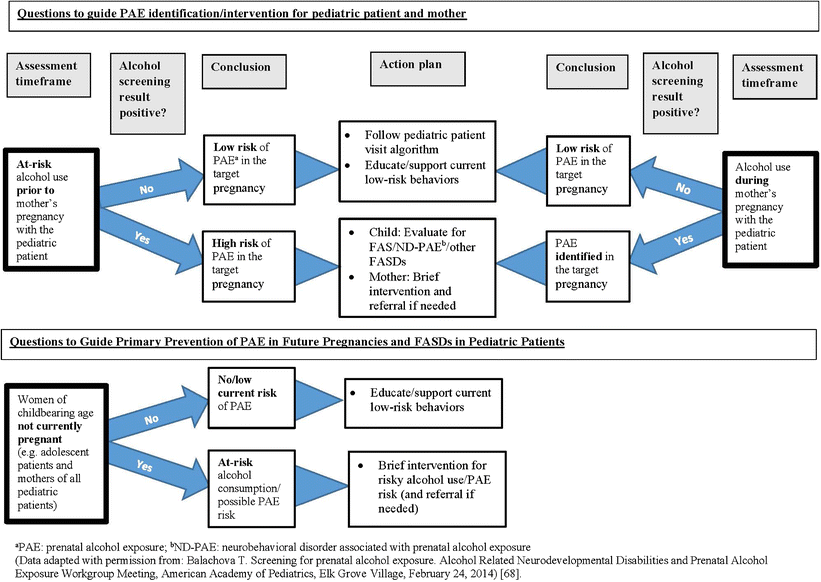

Recent high-quality trials among young children with autism have identified psychosocial interventions that can result in changes that could mitigate the influence of autism on development for some people. National and international infrastructures should be developed to help prioritize research that goes beyond biology and studies of single interventions to focus instead on those that integrate care across systems over time and take into account individual differences within the autism spectrum that lead to better outcomes. The Commission also calls for global research efforts to expand beyond basic science toward developing evidence-based practical interventions tailored to the heterogeneous needs of people living with autism and could be applied to other neurodevelopmental conditions. The report sets out a new standard of care that all services and social care systems worldwide should adopt to best support the needs of people with autism and their families. The report identifies urgent actions required in the next five years to address the current needs of people with autism and families worldwide and to build a foundation for improved care and treatment in the future.


These included clinicians, healthcare providers, researchers, advocates, self-advocates, and parents of children with autism.


 0 kommentar(er)
0 kommentar(er)
